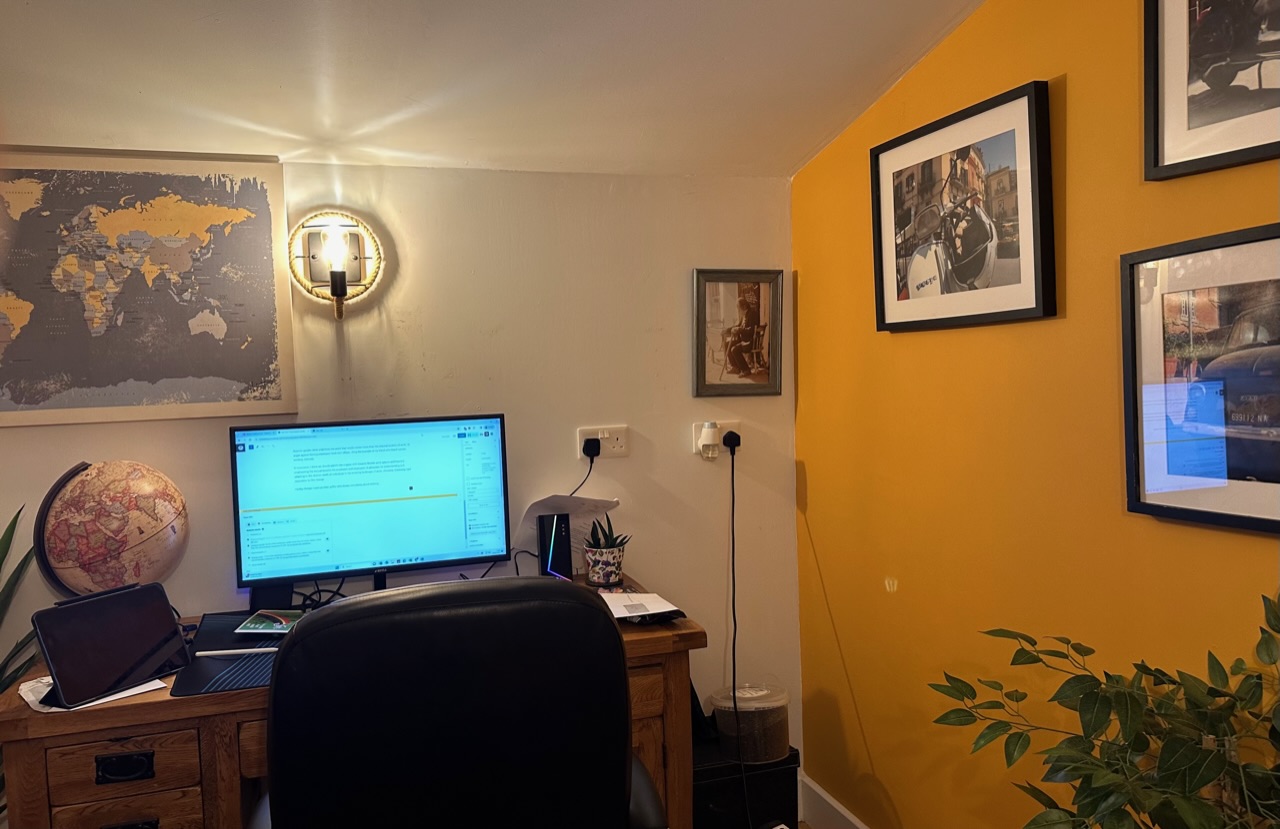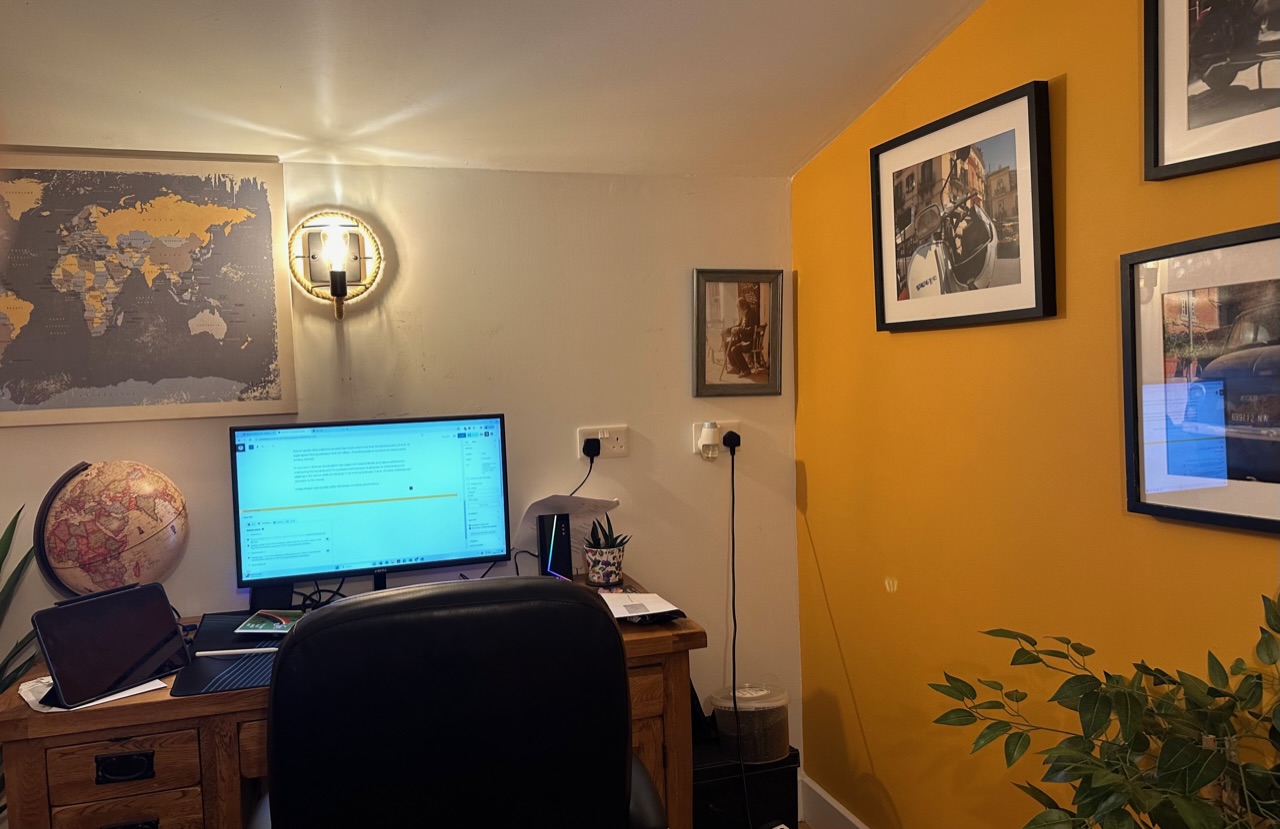The Evolution of Work in a Post-Office Era
Posted on January 23, 2024
In a recent tweet, radio populist Julia Hartley-Brewer expressed concern over empty tube stations, attributing the situation to home workers and forecasting an impending recession. This sentiment is echoed by other populist figures such as Liz Truss and Jacob Rees-Mogg. As someone who has been working independently since 1997, I have been reflecting on the complexities of office dynamics and the advantages and disadvantages of choosing a solitary path.
Not an Entire Choice
Initially, working independently wasn’t entirely by choice; a struggle with office politics and a lack of skill in self-promotion led me to forge my own path. Over time, however, the realisation dawned that working independently allowed me to achieve in a few hours what might take a day in a traditional office setting. The freedom to manage time efficiently, avoid office politics, and cut down on commute-related expenses became invaluable, especially now, with an active dog.
Yet, I have to acknowledge the flip side of this independence. The camaraderie of office friendships, the enjoyment of pub outings at lunch or after work, and the envy of holidays and bank holidays without worrying do linger as missed experiences. The decision-making responsibility of working independently is also emphasized – making significant decisions on a daily basis becomes normal and that includes when taking a holiday.
Negative to Positive Impact
Examining the broader impact, it is easy to see how the absence of office workers could turn business districts into ghost towns, affecting shops, cafes, pubs, and restaurants. The unique social environment of city pubs, where individuals from different professional levels mingle, is a crucial aspect of British culture. These places are also a significant part of the economy as a whole.
However, my negative narrative takes a turn towards optimism as a natural equilibrium appears to be forming. With flexible work options gaining prevalence, employees are given the choice to work from home or in the office. My younger son’s experience exemplifies this trend, working from home two or three days a week based on personal preference. He can go in all week if he wants and sometimes does.
Flexibility
This flexibility surely benefits both employers and employees. It creates an environment tailored to individual needs, fostering respect and loyalty. An example of a friend succeeding in construction sales from his garden shed underlines the point that results matter more than the physical location of work. I’d argue against forcing employees back into offices, citing the example of my friend who found success working remotely.
In conclusion, I think we should admire the organic shift towards flexible work options and how it is emphasizing the mutual benefits for employers and employees. It advocates for understanding and adapting to the diverse needs of individuals in the evolving landscape of work, ultimately dismissing rigid opposition to this change.
Hartley-Brewer is just another grifter who knows everything about nothing.


Got something to say?